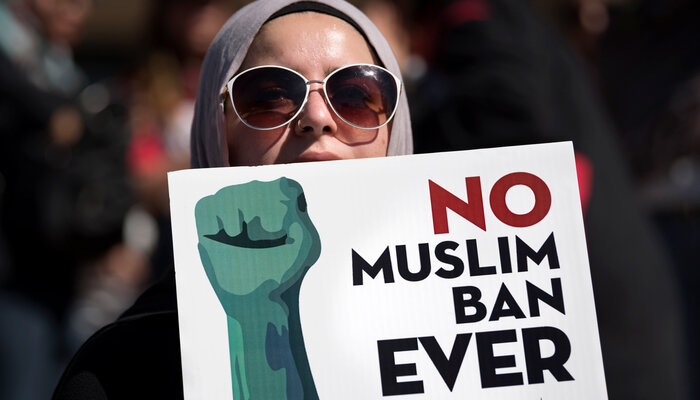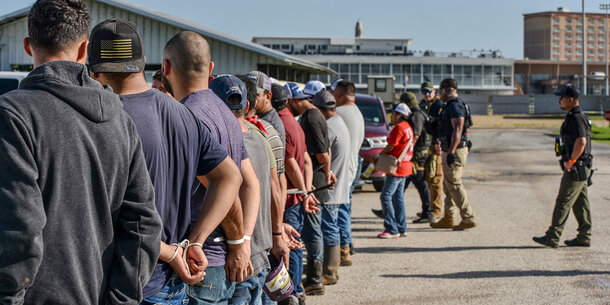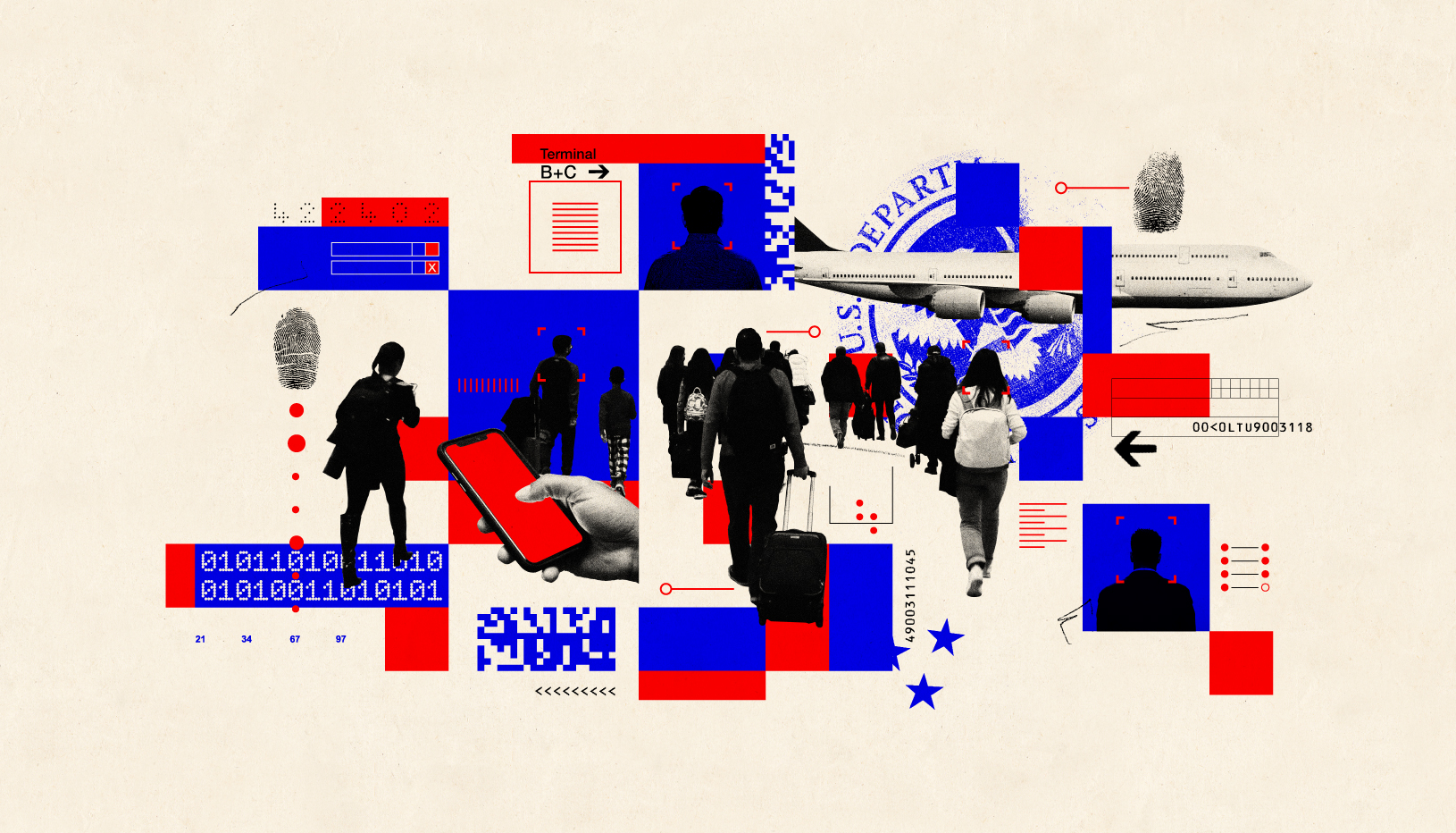Foreword
American democracy urgently needs renewal. In the coming years, one of the great issues facing the country will be the presidency itself. A half century ago, in the wake of Watergate and Vietnam, laws and rules aimed to check the “Imperial Presidency.” Over the decades those limits eroded and then were finally cast off. The past three years have seen a refusal to honor oversight and a politicization of the executive branch. The president insists the Constitution gives him “the right to do whatever I want.” The abuse of power in Lafayette Park this summer was just the most visible, and most violent, example of shattered norms. And from the administration’s onset, abusive and often unconstitutional power has been wielded against religious minorities and immigrants in a way that has no precedent in the past half century.
In this time of reckoning, a great task must be to reset the system of checks and balances and once again restore the presidency to its rightful place. There must be, as well, an immediate reset of many policies that are driven by racial or religious animus rather than the national interest.
This volume includes recommendations for executive actions and legislation from the Brennan Center for Justice at NYU School of Law. They focus on ending religious and racial profiling and immigration bans driven by the same motives, a new law enforcement focus on the real threat of white supremacist violence, and renewed protection for civil liberties and transparency. It reflects, as well, urgently needed steps to curb abuse of executive powers. A previous Brennan Center volume proposed executive actions to enhance ethics and fight corruption. A forthcoming report will outline legislation and executive actions to end mass incarceration and advance racial justice.
In all of this, Congress must do its part to play its constitutional role. Courts, too, must step up.
But the president can lead, displaying what Alexander Hamilton called “energy in the executive,” this time not to grossly expand presidential power but to restore the office to its rightful role.
We the people have a duty as well: to insist that our leaders commit to the Constitution and make renewal of our democracy not just one issue among many but also a central task for our nation.
Michael Waldman
President
Brennan Center for Justice










